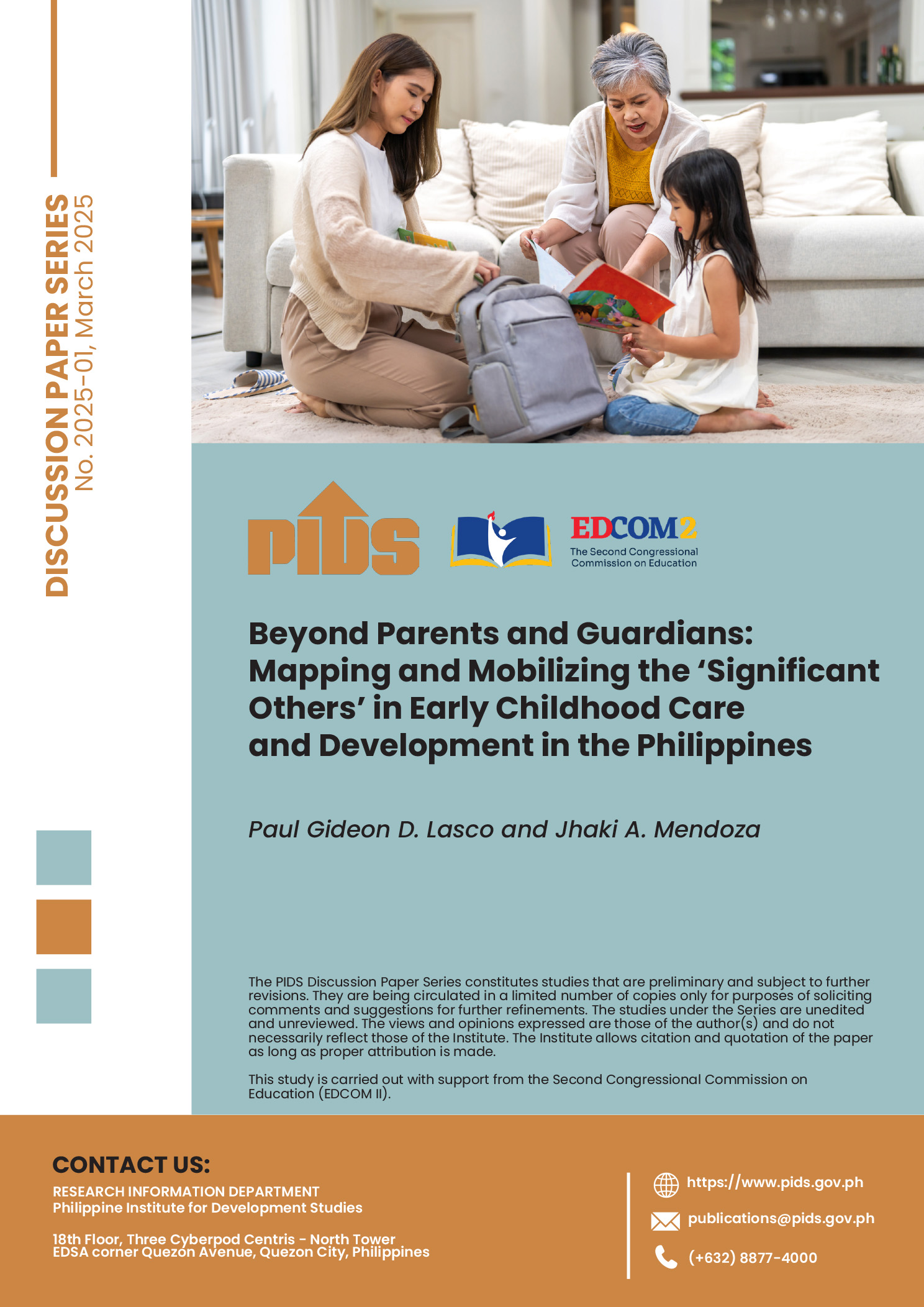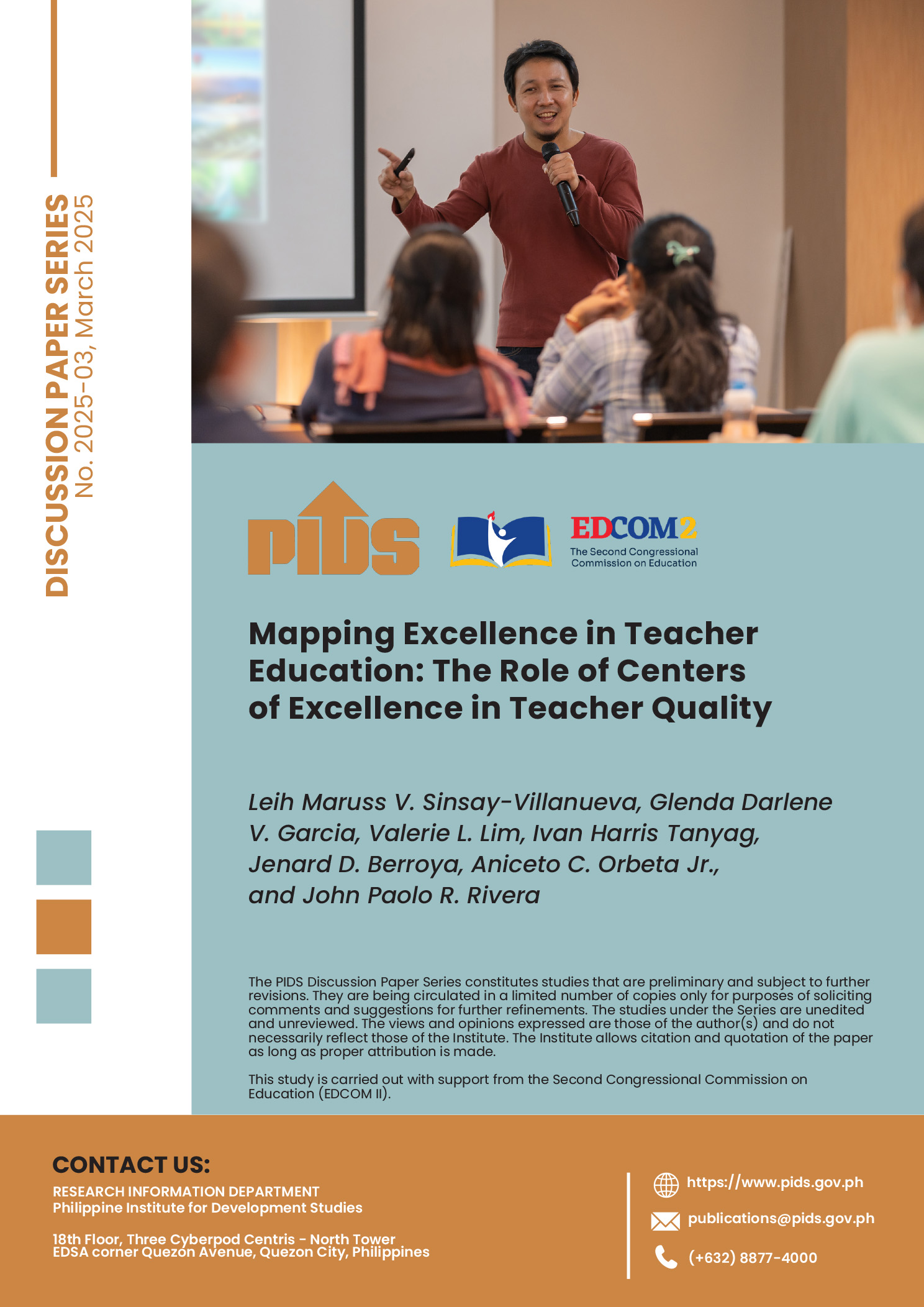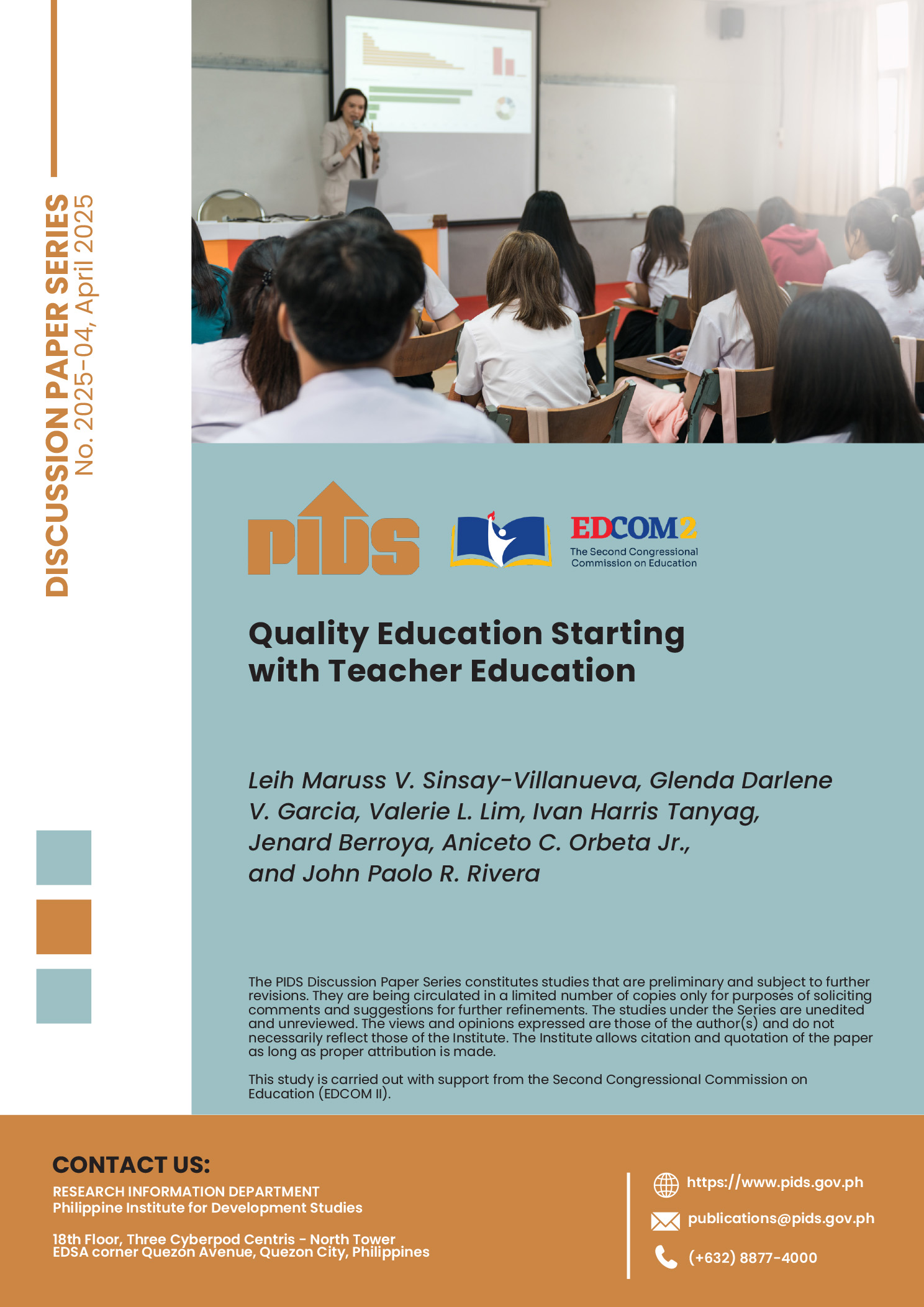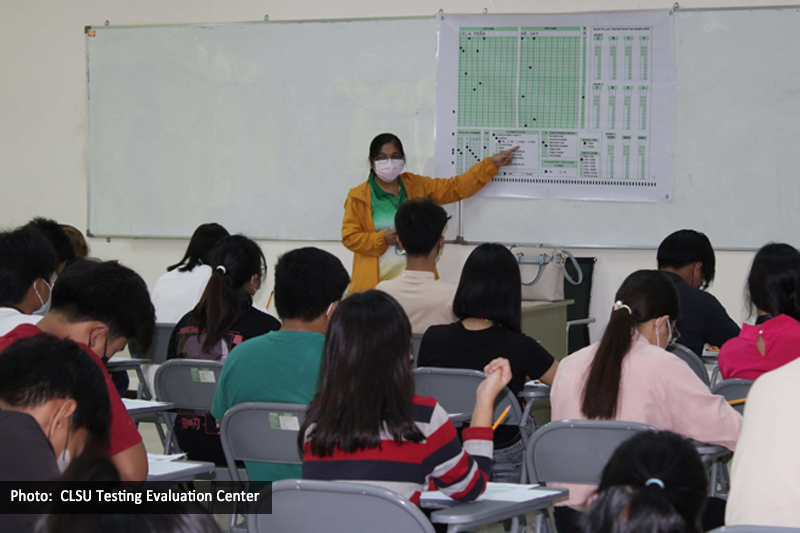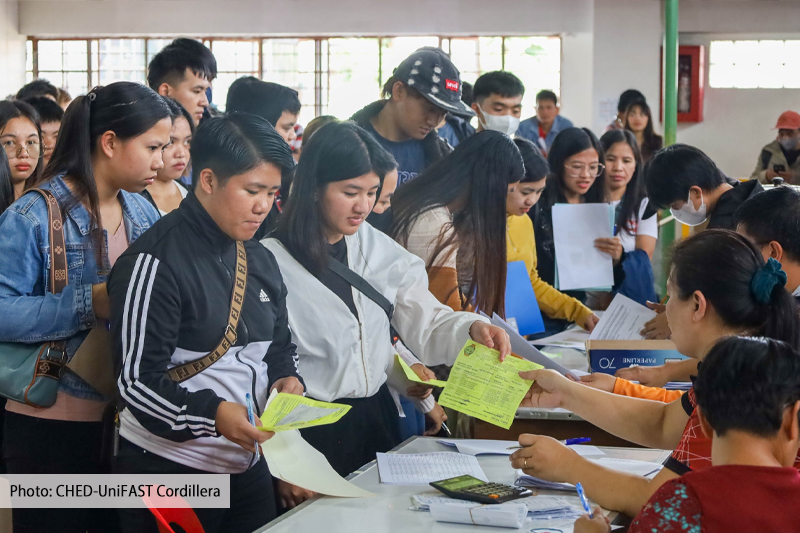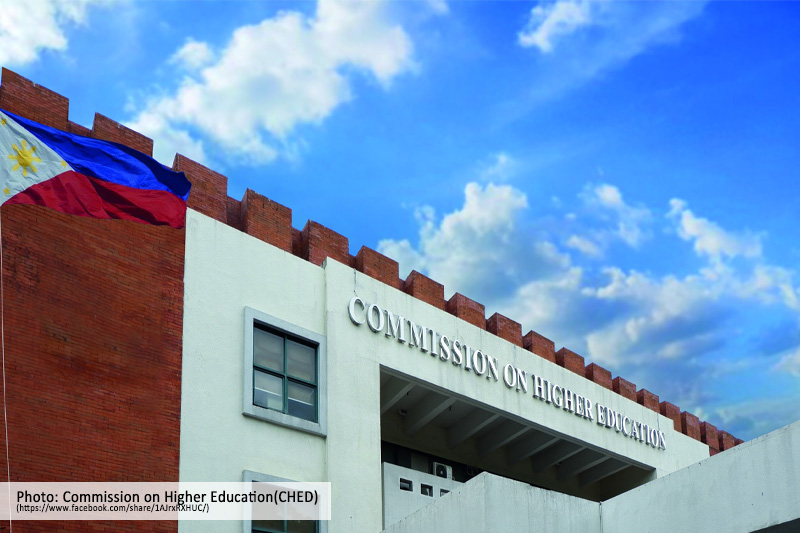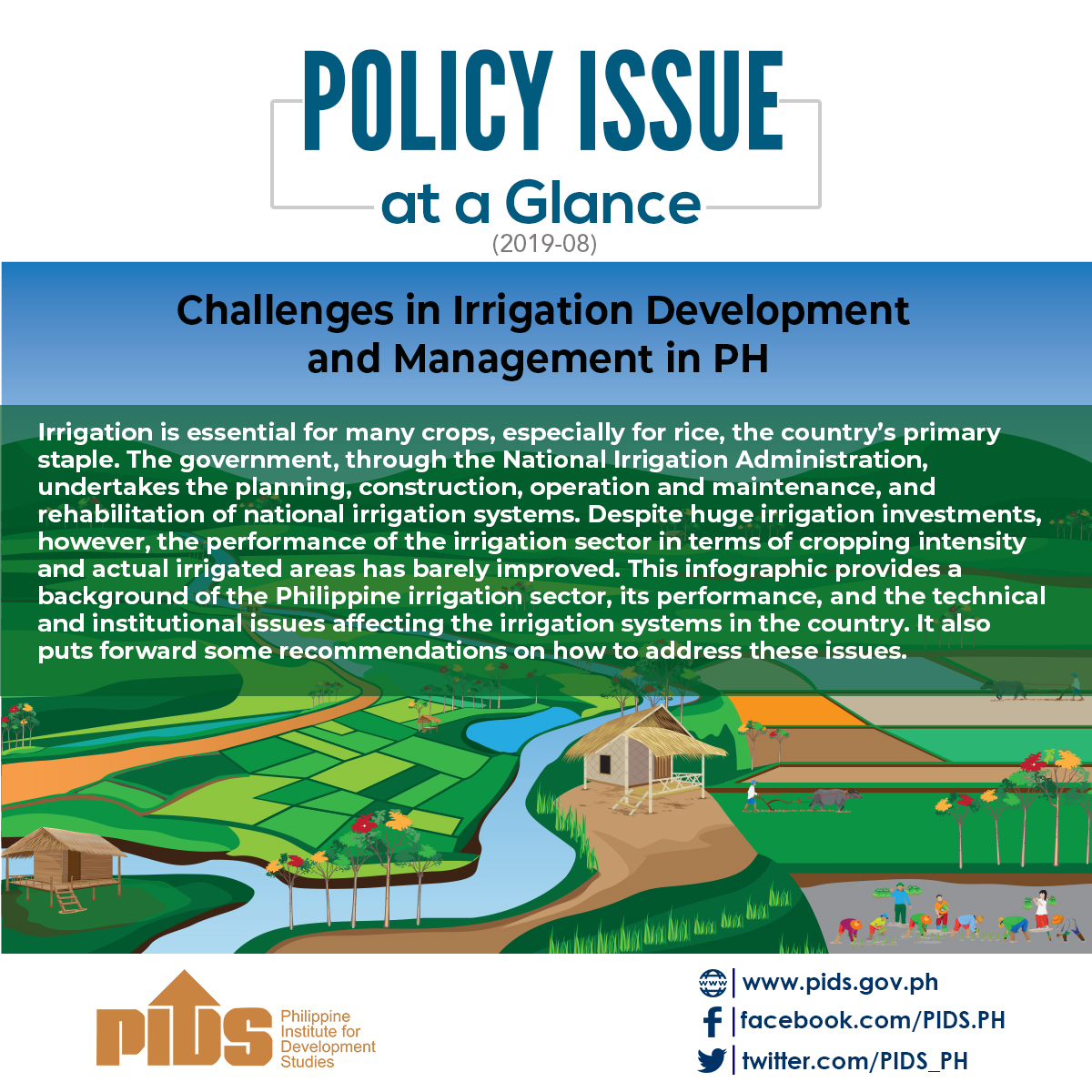Estimates show that fifty-three (53) teaching days were lost in the school year 2023-2024 due to non-teaching tasks and activities assigned to them on top of the school closures due to calamities and local holidays. This is based on the preliminary findings of a study conducted by the Philippine Institute for Development Studies (PIDS), which assessed the MATATAG K-to-10 pilot implementation in 35 schools.
Key findings of the study highlight the existing challenges that may limit the implementation of the new curriculum. Among these are the amount of time that could have been allotted to actual teaching but were missed by teachers due to several reasons.
“Based on their recall of the past year, public school teachers who participated in the survey missed an average of 25 teaching days between September 2023 and March 2024,” says PIDS Senior Fellow Dr. Mike Abrigo. “Actual teaching days are lost because of student off class activities such as competitions and school celebrations, non-teaching tasks such workshops, training, and other administrative tasks, and school closures due to conflict and typhoons,” added Dr. Abrigo.
Teaching days, or contact time, refer to the time teachers and students spend interacting. Of the estimated 53 teaching days, 32 days are affected by the high heat index and other calamities. During these days, schools must use alternative delivery modes (ADM) like modular and online learning. However, during the pandemic, 75% of learners used printed modules for distance learning, thus suggesting that the 32 days are also lost teaching days, as students likely had limited interaction with their teachers.
“There were practically no face-to-face classes in April-May due to the high heat index across the country. These figures are estimates because we need to weigh this with the actual incidence by day. Nevertheless, from our experience in visiting schools from Visayas and Mindanao, there were no classes since the start of April,” explained Dr. Abrigo.
“Based on the data gathered by PIDS, 53 days is already equivalent to almost 3 months worth of teaching. This is concerning because it accounts for up to 30% of the 180 days contact time for teaching historically required based DepEd Order Nos. 23 s. 2016 and 25 s. 2017. This means that even if we keep decongesting the curriculum, if there is no opportunity or actual days to teach the students, there is very limited time to absorb the lessons,” laments EDCOM 2 Executive Director Karol Mark Yee.
The Commission further inquired about the steps being taken by the agency in relation to the statistics. “We acknowledge the efforts already undertaken by the Department to move the school calendar, and to reduce administrative tasks of teachers. These would go a long way in recovering lost teaching days. However, given the severity of the issue, we hope the DepEd could seriously look into the matter and find creative solutions to address this,” said Yee.
In January 2024, DepEd released DepEd Order No. 002, s. 2024, or the “Immediate Removal of Administrative Tasks of Teachers”, which prohibits schools from including administrative tasks such as personnel and records management, financial management, and property custodianship, among others into the workload of teachers. Meanwhile last February, the government announced moving of classes to July 29, 2024 issued through DepEd Department Order No. 003 s. 2024, to gradually revert to the old school calendar.
“We hope to better implement this new policy in the coming months and see improvements in data. DepEd is also taking measures to ensure that the time allotted for teaching is really being followed in the field, “ DepEd Undersecretary Gina Ginoong said.
Under the Magna Carta for Public School Teachers, a teacher is required to teach six (6) hours of actual classroom teaching in a day. DepEd will also have to classify the related tasks to be included in the remaining two (2) hours of the workday.
ED Yee also recalled that these are the same concerns that EDCOM 2 got from their focus group discussions with teachers conducted in different parts of the country. “Teachers shared with us how they are in classrooms but could not teach due to urgent reports for submission to DepEd. It is critical therefore that school days translate to learning days,” adds Yee.
“Our teachers have long clamored for support so they can focus on teaching, which is being sidelined by non-teaching tasks. While the DepEd has previously relieved teachers from non-teaching tasks, it will take some time and considerable resources before we can have adequate non-teaching personnel. Nevertheless, we need to start filling those gaps and look at other strategies such as digitalization in our schools,” EDCOM 2 Co-Chairperson Senator Win Gatchalian said.
Senator Gatchalian also filed the Revised Magna Carta for Public School Teachers’ (Senate Bill No. 2493) to help improve teachers’ working conditions. One of the proposed measure’s provisions is the prohibition on assigning non-teaching tasks to teachers.
“Let’s take a look at the study of PIDS. These are concerns brought about by their FGDs. Maybe DepEd can look at it as something positive na pwedeng tingnan at i-consider,” says EDCOM 2 Co-chairperson Congressman Roman Romulo.

